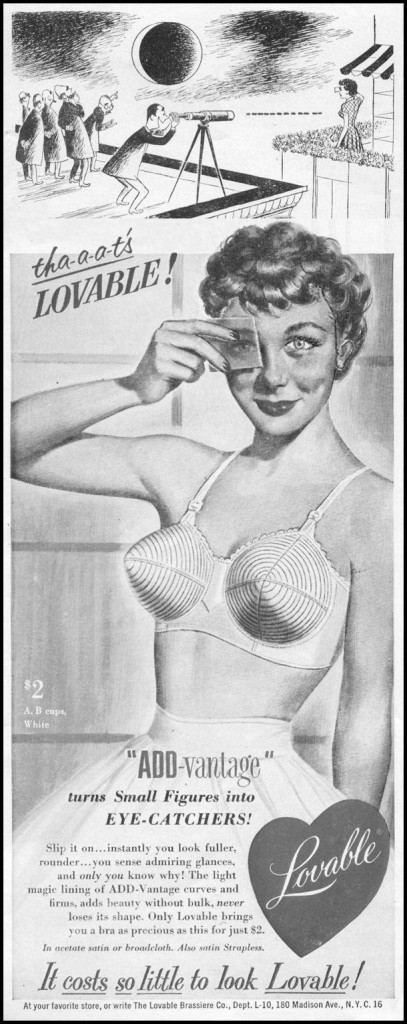Michelle D. sent in this cover of The Australian Women’s Weekly featuring Sarah Murdoch, which includes the text “why she wanted an all natural covershoot”:

As Michelle pointed out, the woman has visible wrinkles, but she’s clearly wearing a significant amount of makeup (and teeth that are either bleached or covered with veneers), leading her to wonder what “all natural” means. As it turns out, it means that she wasn’t airbrushed or photoshopped. If you google “Australian Women’s Weekly Sarah Murdoch,” you’ll find a ton of stories about it.
Now, let me be clear: I’m not trying to minimize the courage it took for Sarah Murdoch to insist that her cover be un-touched-up or to speak in interviews about resisting the pressure to hide all signs of aging. Nor am I saying that wearing makeup is evil.
I’m just saying that, as I was reading the many stories in other news outlets about the cover, and looking at that “all natural” on the cover, and then looking at her face, I couldn’t help but think that it says something about the level of inhuman youthful perfection we currently expect of celebrities that this woman’s face, which as far as I can tell is flawless, would ever “require” touching up at all, and that showing herself looking like this is a major act of bravery and resistance because under normal circumstances, her face would be defined as unfit for a cover without technological “fixing”…and that all that makeup, teeth whitening, and eyebrow sculpting don’t undermine the claim to being “all natural” because we just take those things for granted now.




